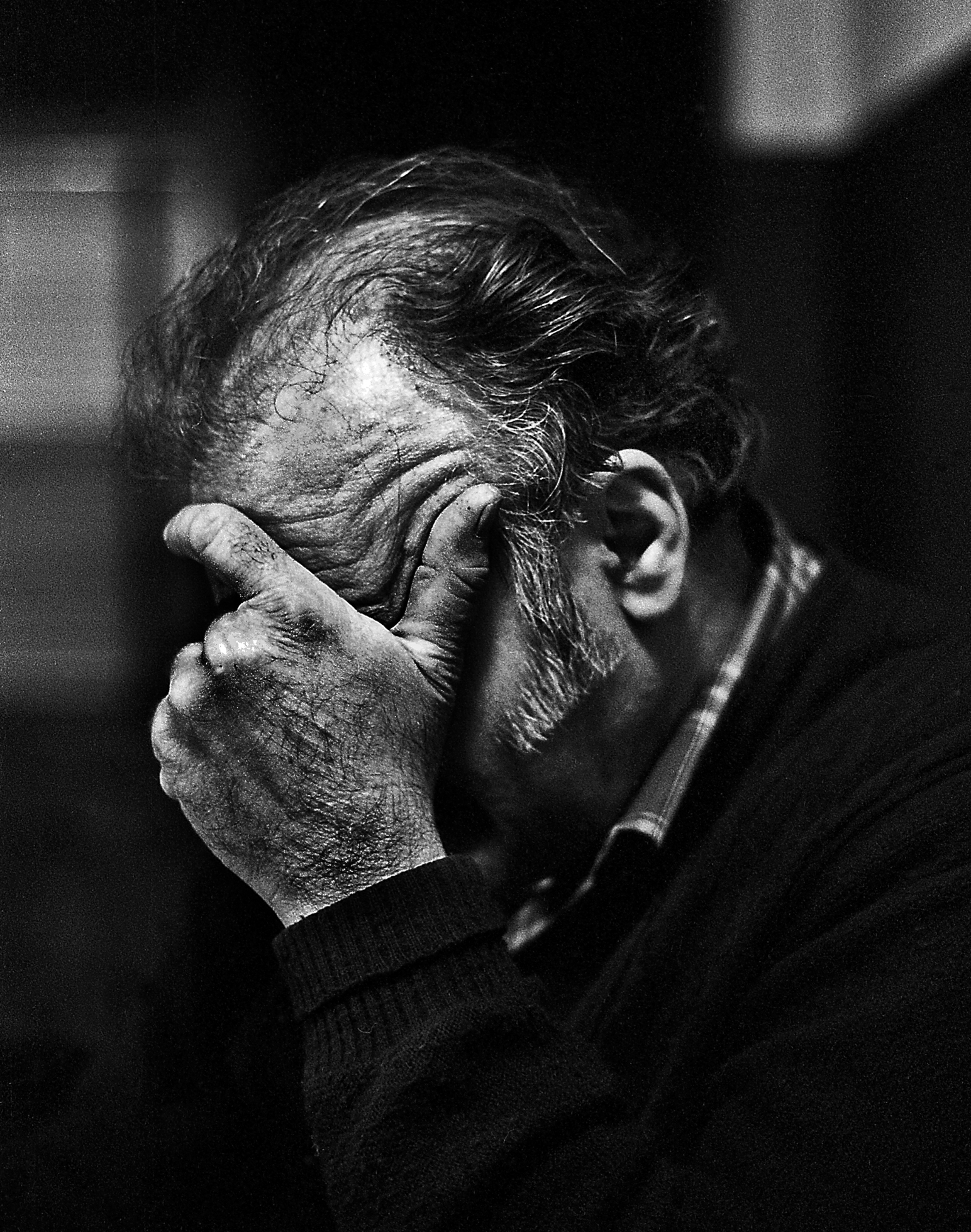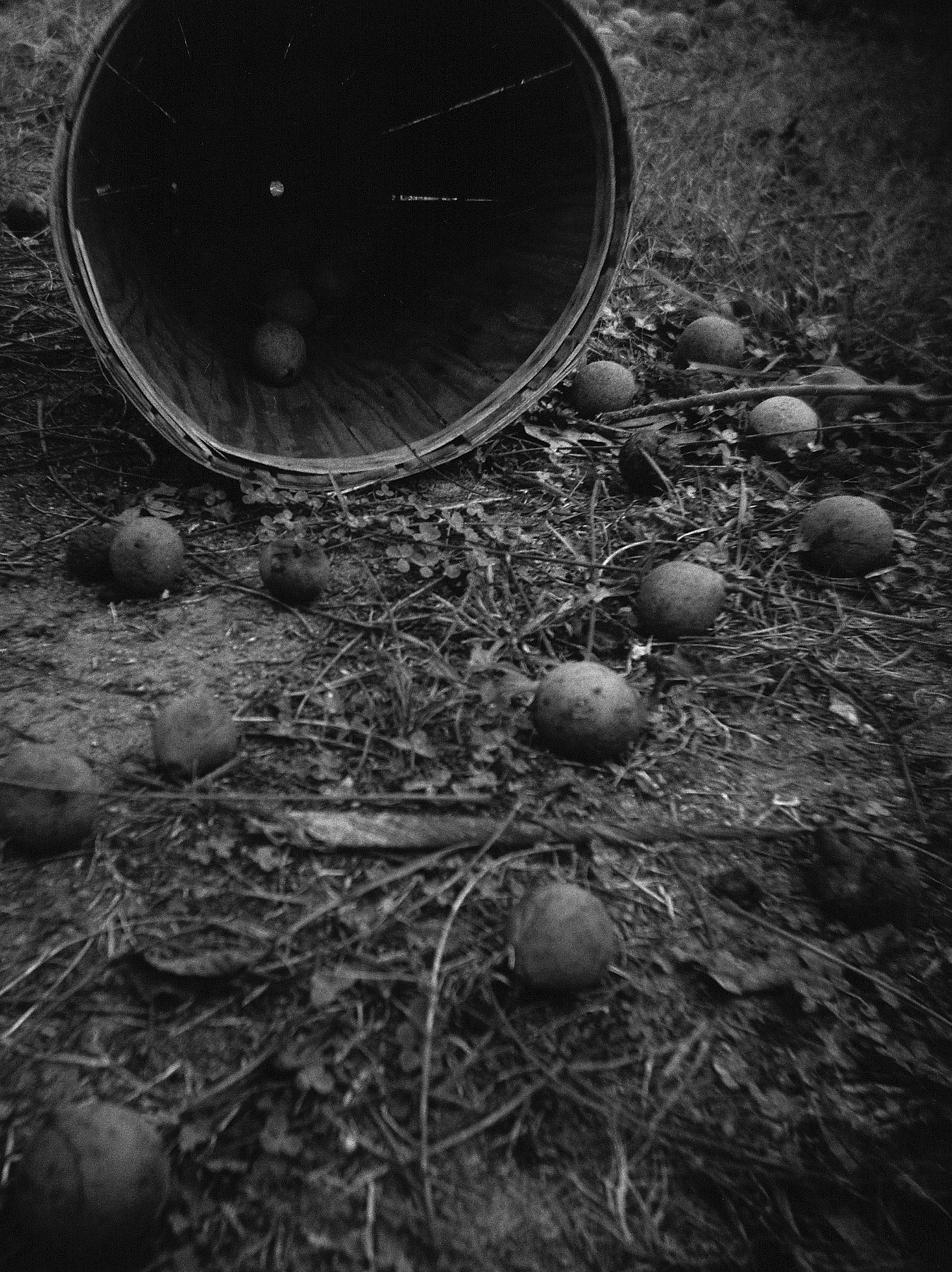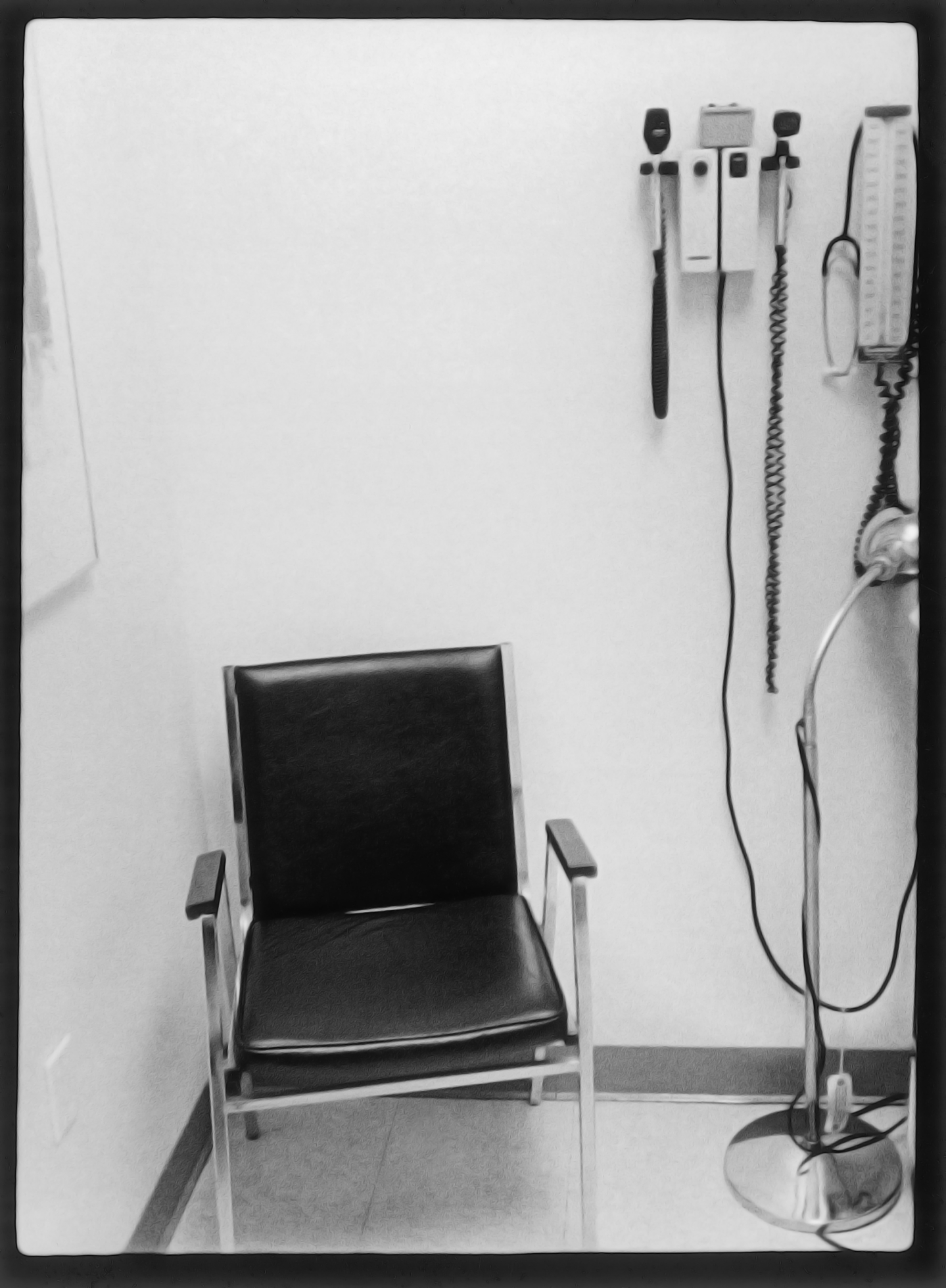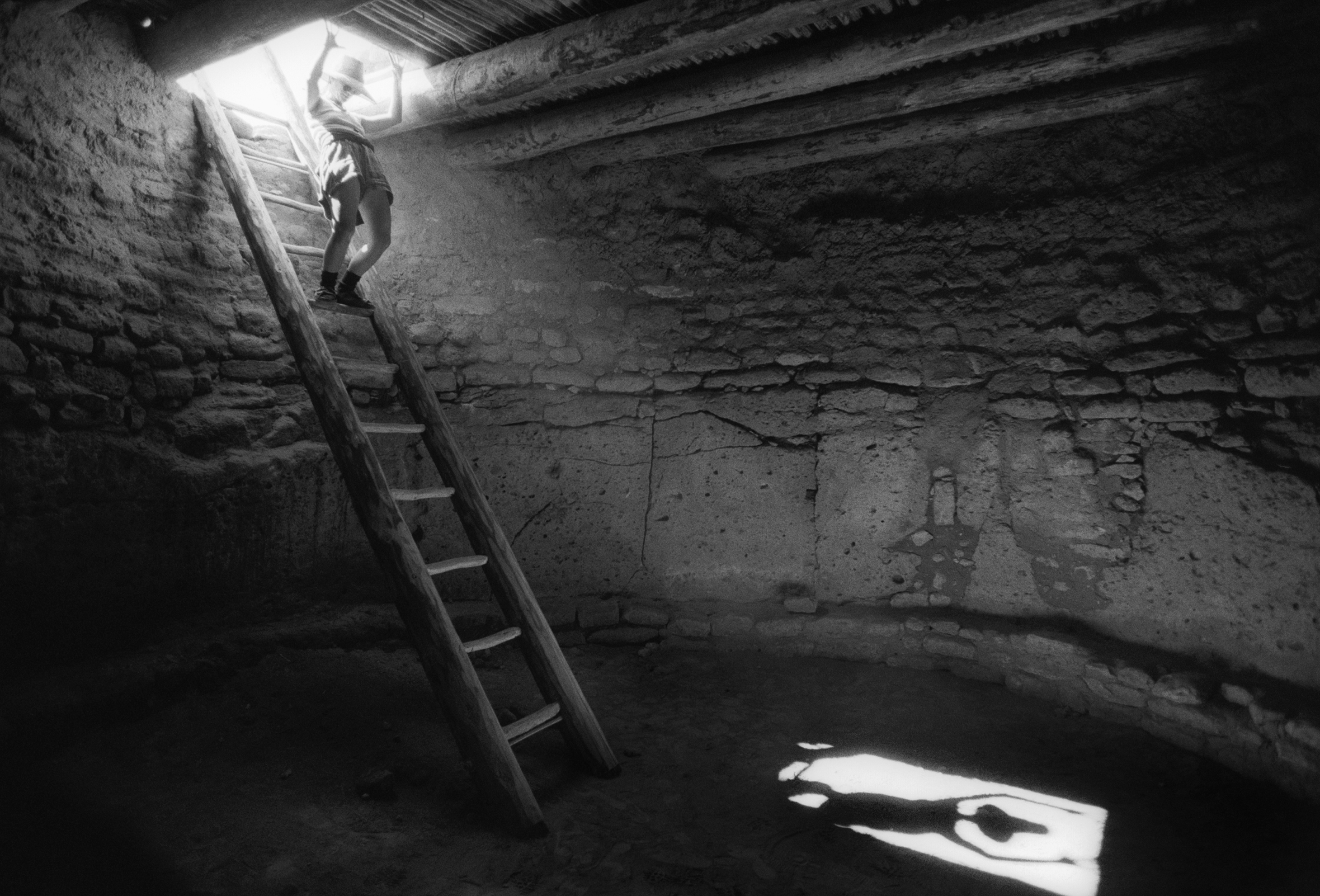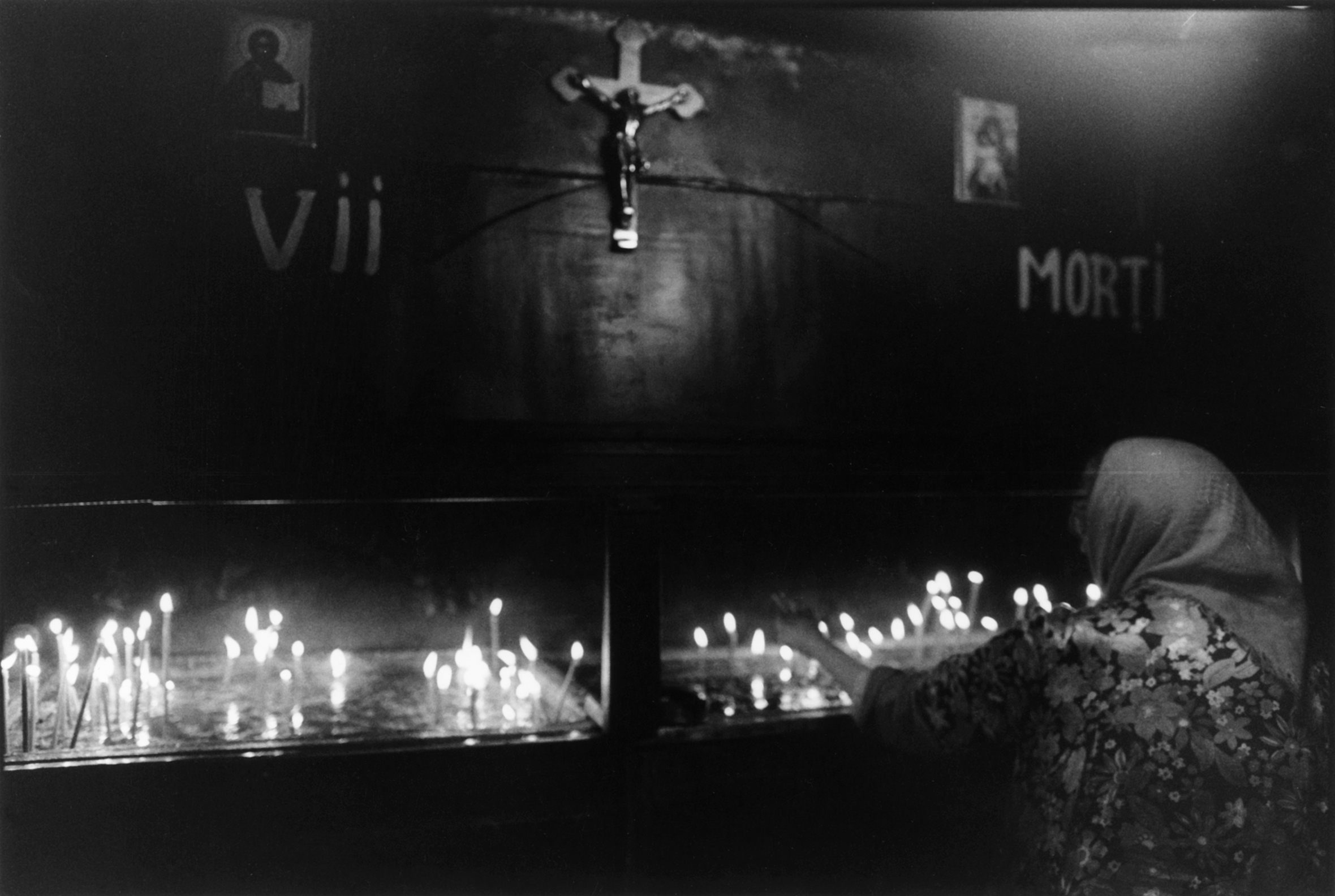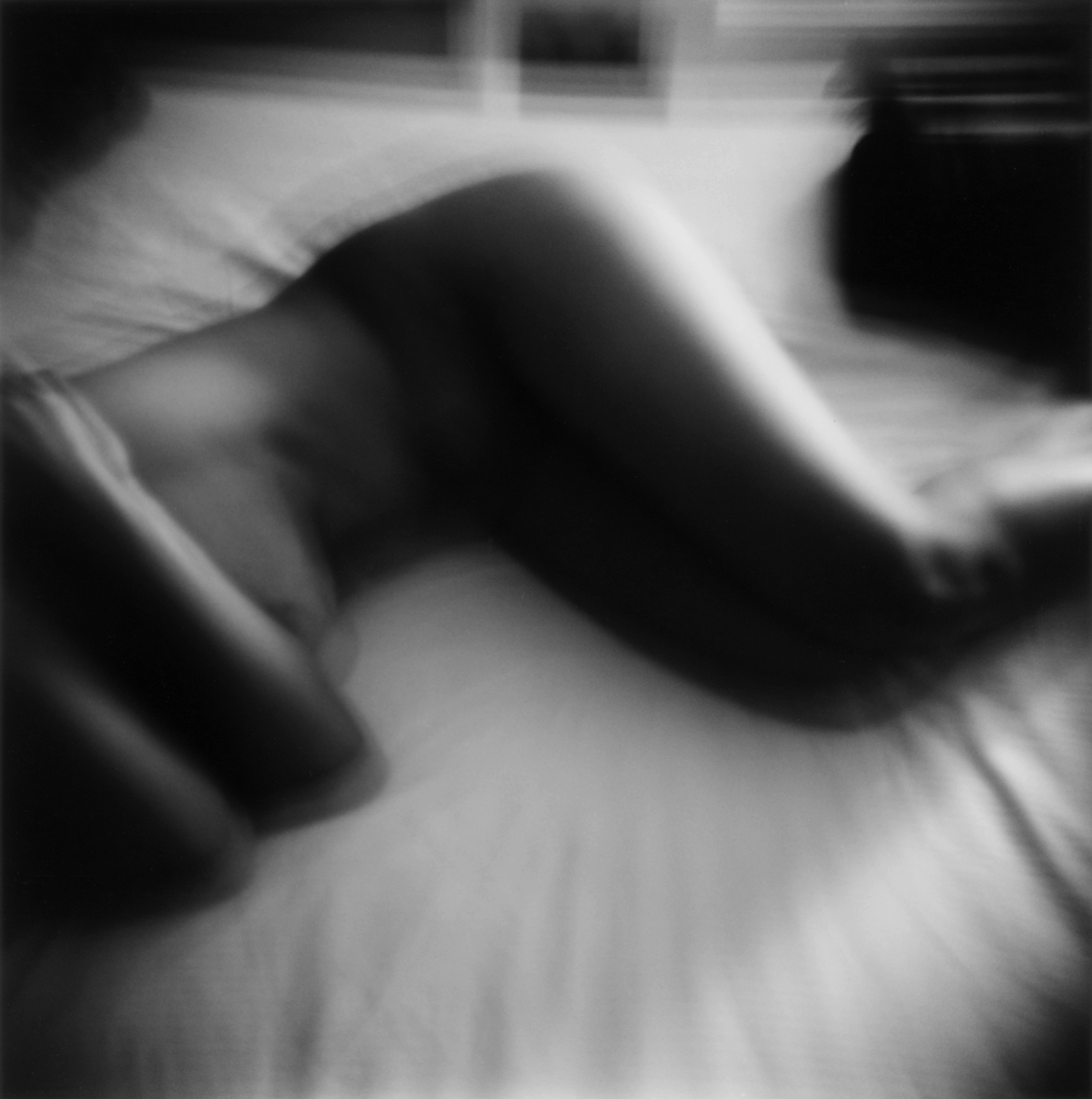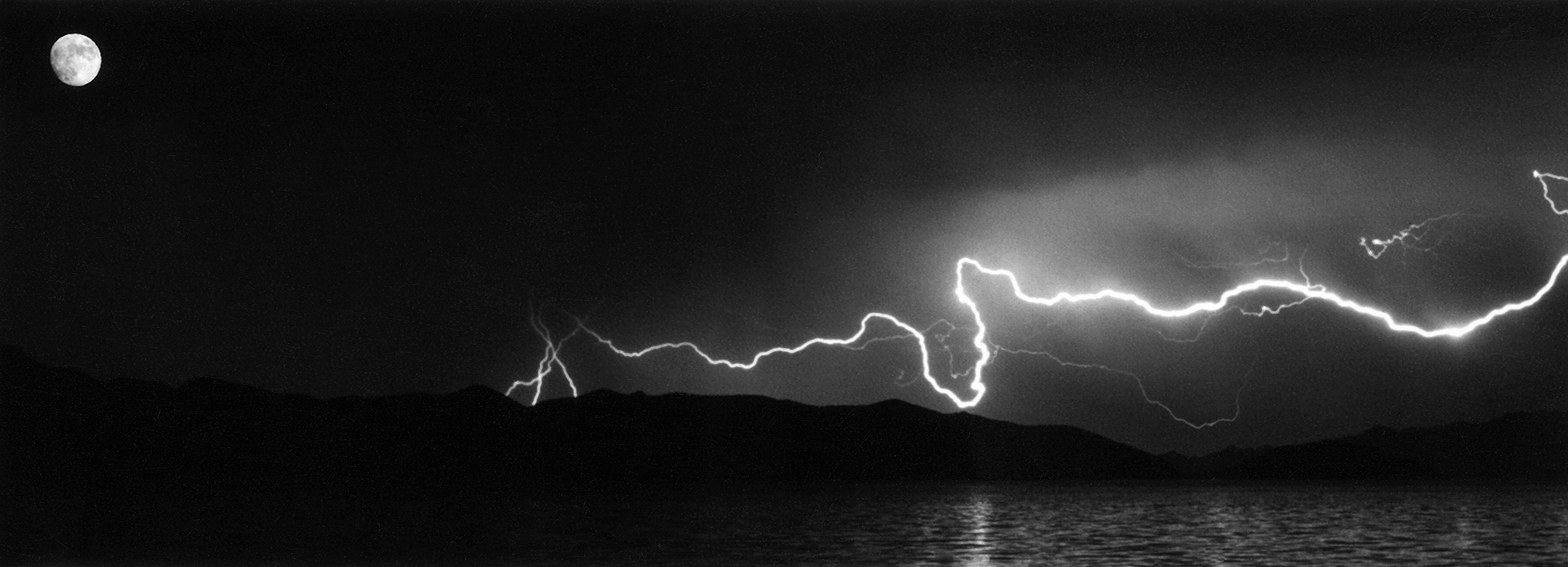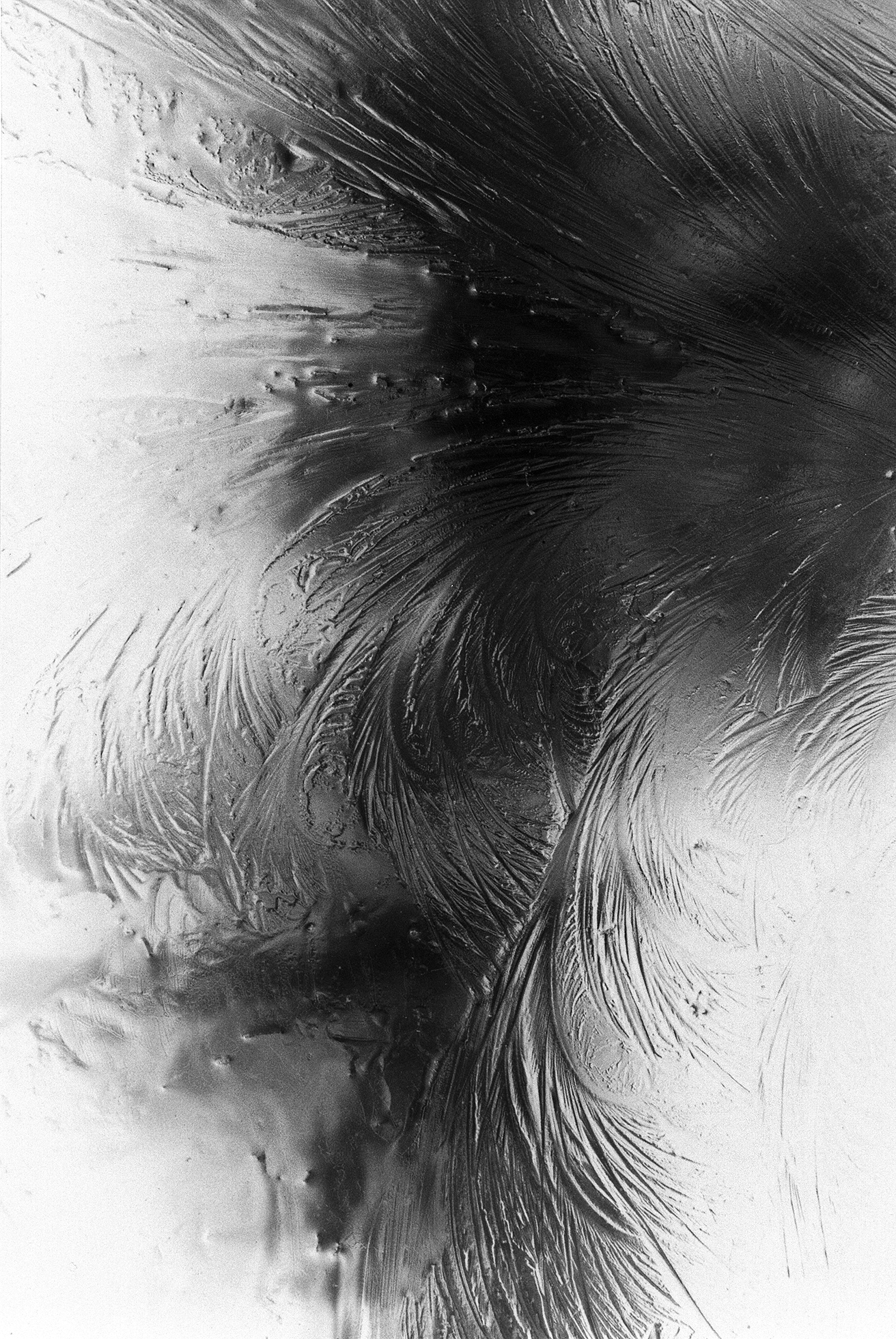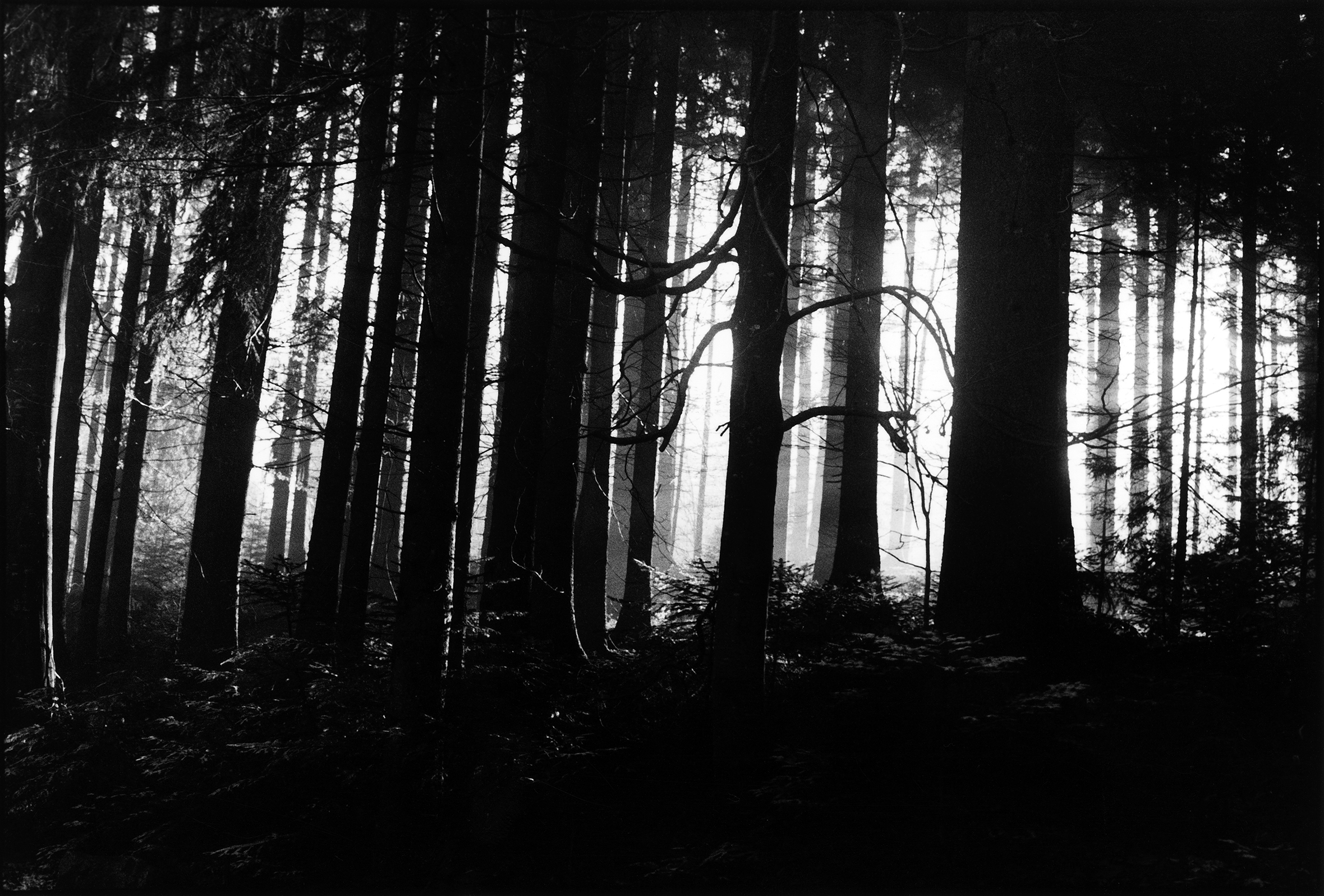Browse Topics
Medicine
Just Shoot Me
My father, as he approaches death, never speaks about it, but I know he’s thought the matter through and wants to avoid a lingering, painful end. I’m sure of this because of the pills I found in his closet.
August 2010The Good Earth?
Sandra Steingraber On How We’ve Made The Environment Dangerous To Our Health
Cancer is definitely not a random tragedy. If you look at a map of the U.S. and plot out the incidence of different sorts of cancers, you see patterns. Some cancers are more common in the Midwest and the Great Plains. Other cancers tend to cluster around certain industries. Those cancer maps are not proof, but they present a compelling hypothesis. If we see, over and over again, that bladder-cancer rates are higher in counties with leaking toxic-waste dumps — which is indeed the case — then that’s a clue. If we see leukemias and lymphomas are highest in areas of the Great Plains and the Midwest where herbicide use is highest, that’s a clue. It means “Dig here. Further inquiry required.”
January 2010My Father’s Torso
It first appears in the guest-bath mirror, / beheaded and one arm missing / due to the angle I have of him / getting ready for his appointment.
November 2009Who Will Heal The Healers?
Pamela Wible On What’s Missing From Healthcare Reform
I was extremely disheartened, because I felt I was destined to be a doctor, but I couldn’t sustain my enthusiasm on the assembly line; it was such a dehumanizing experience. I was tired of interrupting crying people to say, “Sorry, we’re out of time.” I wanted to be kind to patients, even if it meant a huge cut in my salary. Many doctors feel this way. I’ve met several female physicians who are ready to quit medicine and find other work.
November 2009The Good Red Road
Leslie Gray On Rediscovering America’s Oldest Psychology
When I used to teach Native American studies at Berkeley, I would offer an A to any student who could come up with a Western model of health. No one was ever able to do it. The West developed only a model of disease. Therefore all of its treatments are based on a negative model. They are all “anti”: antidepressants, antipsychotics, antihistamines, antibiotics, and so on. And we are constantly being told that we have to “fight” this or that illness. This is a dualistic way to look at healing. The Native American model is a model of health. It is about the restoration of balance to body, mind, and heart. It assumes that we sometimes go out of balance, and good health depends on restoring that balance.
April 2009The Shadow Of The Whale
It is 2 A.M. on a Sunday when my husband, Brian, and I arrive at the emergency room. The waiting area is strangely quiet, almost peaceful. The TV overhead drones, and a Latina mother and her young daughter sit in adjoining chairs, looking calm and wide awake. I take a deep breath and step up to the admitting window in my slower-than-usual, wide-legged fashion. The man behind the glass looks down at my belly and asks, “How far along?”
December 2008Blood
A hockey rink, a volume of Anne Sexton’s collected poems, Planned Parenthood
December 2008Survival Guide
Venom travels through your circulatory system, burning blood-vessel walls like acid as it goes, so the slower you can get your blood to flow, the better. Knowing this, I did not try to walk to our car, just ten yards away. Don ran to the house for the cellphone and the car keys. He brought the car to me, then called 911 as he drove, asking the dispatcher to have an ambulance meet us at the Bethlehem Fire Department, where there would be emergency medical equipment. Then I called Mama to tell her what had happened.
June 2008Through A Glass Darkly
Miriam Greenspan On Moving From Grief To Gratitude
Grief is a teacher. It tells us that we are not alone; that we are interconnected; that what connects us also breaks our hearts — which is as it should be. Most people who allow themselves to grieve fully develop an increased sense of gratitude for their own lives. That’s the alchemy: from grief to gratitude. None of us wants to go through these experiences, but they do bring us these gifts.
January 2008Who Hears This Sound?
Adyashanti On Waking Up From The Dream Of “Me”
One day, when I was thirty-three, something happened without any emotion, which, for me, was absolutely necessary: I heard the call of a bird outside, and a thought came up from my gut, not from my head: Who hears this sound? The next thing I knew, I was the bird, and I was the sound, and I was the person listening; I was everything. I thought, I’ll be damned. I had tasted this at twenty-five, but there had been so much energy and spiritual byproduct. This time I didn’t get elated. It was just factual. I got up and went into the kitchen to see if I was the stove, too. Yeah, I was the stove. Looking for something more mundane, I went into the bathroom. What do you know: I was the toilet, too. Paradoxically I also realized that I am nothing, less than nothing. I am what is before nothingness. And in the next moment even that disappeared. The “I” disappeared completely. All of this — the oneness, the nothingness, and beyond both oneness and nothingness — was realized in quick succession. It all exists simultaneously.
December 2007